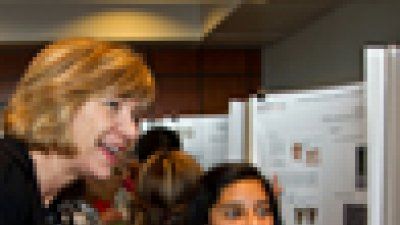Emergency Room Overcrowding More Likely to Impact Minorities
Hospitals in areas with large minority populations are more likely to be overcrowded and to divert ambulances, delaying timely emergency care, according to a multi-institutional study focused on California.


